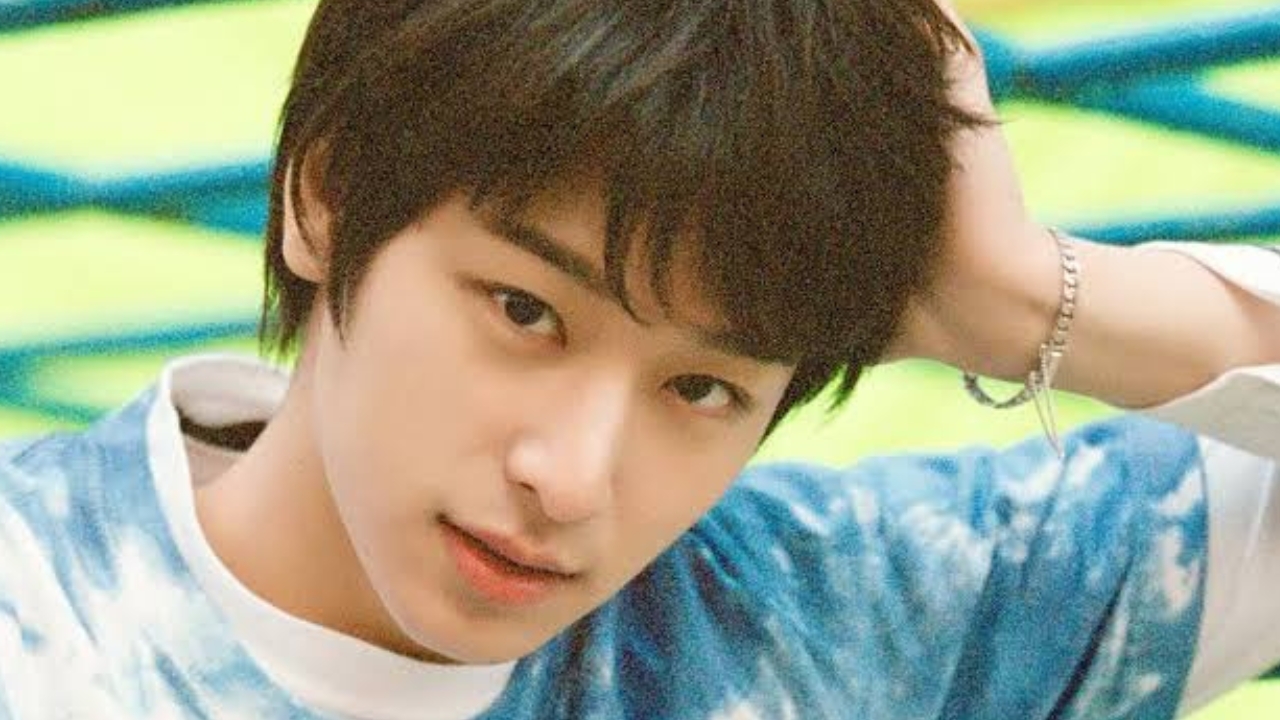In the politically charged atmosphere of South Korea’s election period, even subtle actions by idols can trigger widespread debate.
THE BOYZ member Juyeon recently found himself at the center of such controversy after posting an Instagram story featuring a song by the artist girl in red.
Although the song itself had no political content, some netizens interpreted the mention of “red” in the artist’s name as a veiled reference to the country’s conservative party, especially given the timing of the post.
The story quickly went viral on online forums, prompting Juyeon to delete the post within hours, likely to avoid further backlash.
This incident follows a similar situation last year, where Juyeon faced criticism for a Bubble profile picture featuring a red jacket, which he later clarified was not intended as a political statement.

Opinions online remain divided—while some dismiss the issue as overblown or irrelevant, others continue to debate the implications.
Juyeon’s case echoes a recent controversy involving aespa’s Karina, who faced backlash over a red jacket and rose emoji interpreted as political support, resulting in official apologies but ongoing criticism.
The heightened sensitivity around idols’ social media activity highlights the challenges K-pop stars face in maintaining neutrality amid Korea’s heated political environment.
